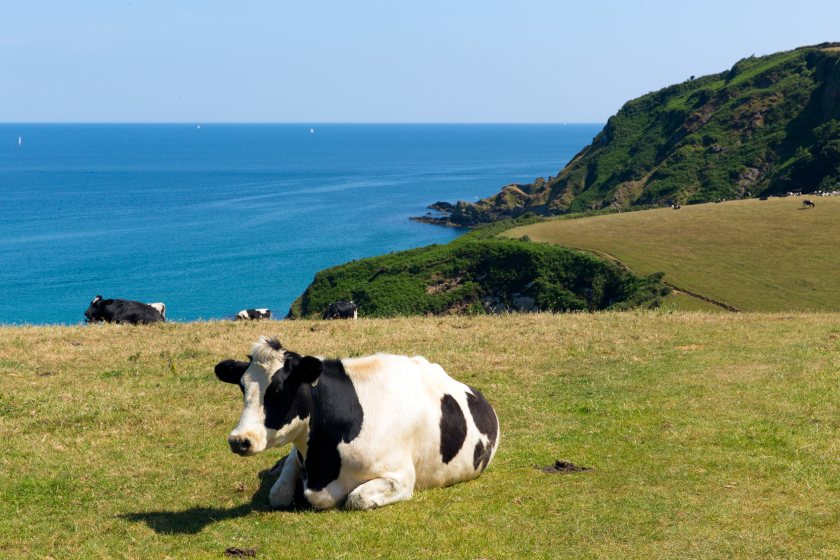
Britain’s world-class dairy products are carving out a bigger share of global markets, with exporters urged to seize fresh opportunities following a 20% rise in overseas sales this year.
The message came at AHDB's first-ever Dairy Export Conference, which brought together farmers, processors, government officials and international trade specialists.
The invite-only event, supported by the Provision Trade Federation (PTF) and RM Boulanger, explored how UK producers can expand their reach in fast-growing markets from the Middle East to Asia.
UK dairy exports are already worth more than £1.1 billion in the first half of 2025 alone, fuelled by demand for British cheese, butter, milk powders and specialist dairy ingredients.
Cheddar remains a flagship product, but growing markets for whey, infant formula and premium dairy lines are also driving sales.
Lucy Randolph, AHDB’s head of international trade development for dairy, told delegates the conference "provided valuable industry insight and practical advice for our exporters to maximise global opportunities for our world-class dairy produce."
Rod Addy, director general of the PTF and chair of the Dairy Export Taskforce, said the UK’s reputation abroad is strong: “UK dairy producers are rightly respected on the world stage for their reliability and consistency in delivering a wide variety of high-quality, tasty, nutritious and sustainable products.
"While international markets remain volatile, lucrative opportunities exist for those armed with the right support and information.”
Delegates also heard from AHDB’s in-market representatives in the US, Middle East and Asia, who highlighted opportunities in markets hungry for high-quality imports.
Demand in Asia for protein-rich powders and in the Middle East for premium cheeses and butters is expanding rapidly, with UK exporters well-placed to compete.
The conference followed AHDB’s work this year supporting 36 UK companies at 14 international trade events, including October’s Anuga show in Cologne — the world’s biggest food and beverage fair — where British dairy businesses showcased their products to global buyers.
Randolph said the challenge now was to keep the momentum going: “We have had a busy year supporting the dairy sector at events around the world and the figures for the first half of 2025 were very encouraging. Our aim is to continue supporting our exporters to help build on what has been achieved to date.”
British dairy exports have grown steadily over the past decade, reaching more than 135 markets worldwide. Ireland, France and the Netherlands remain key destinations, but growth is strongest in non-EU regions, where rising middle-class populations are demanding more protein, convenience and premium-quality dairy products.
Global demand for dairy is forecast to keep rising through this decade, with OECD-FAO projections pointing to steady growth across cheese, milk powders and butter, particularly in Asia and the Middle East.
Analysts warn, however, that competition is intense. Irish dairy firms, backed by strong EU branding and favourable trade deals, are expanding aggressively into the same markets. Exchange rate shifts and regulatory barriers also present hurdles for UK exporters.
But with demand set to grow, industry leaders say the UK has the products, reputation and expertise to capture more of the market.
A stronger focus on branding, sustainability and provenance could help ensure British cheese, butter and milk powders remain staples on shelves worldwide.
